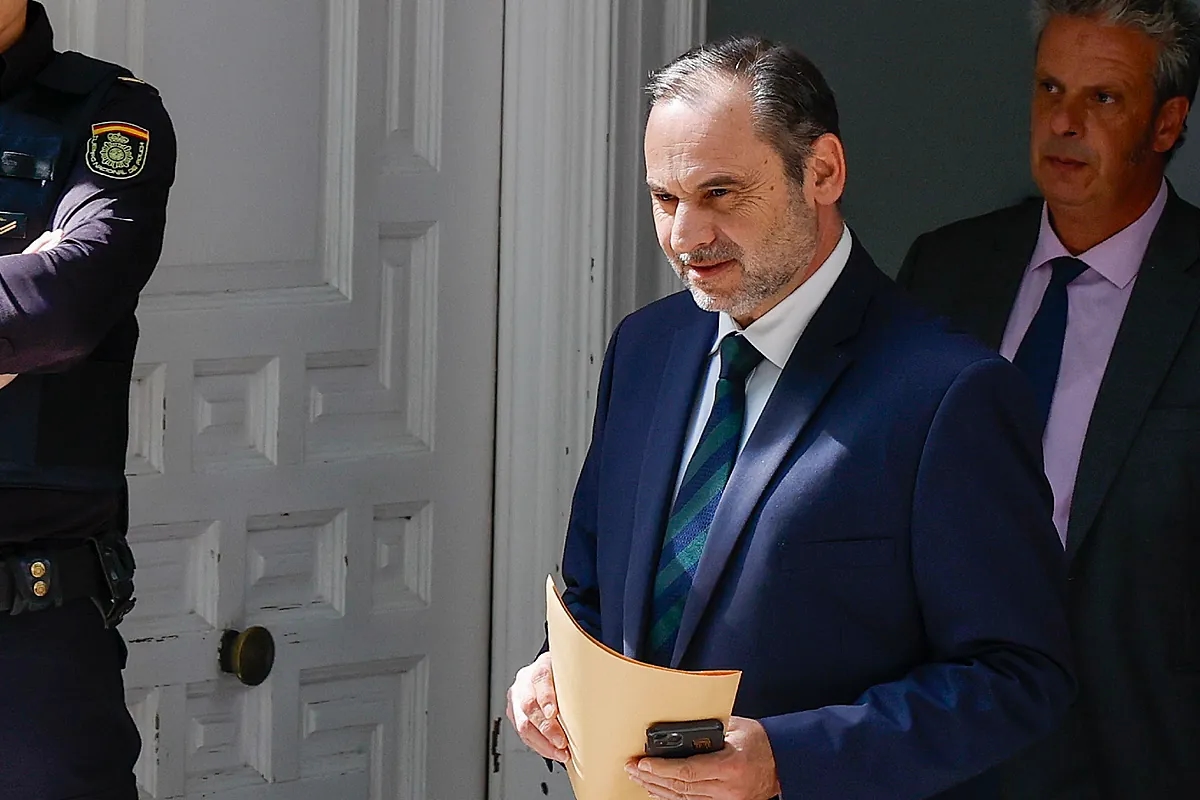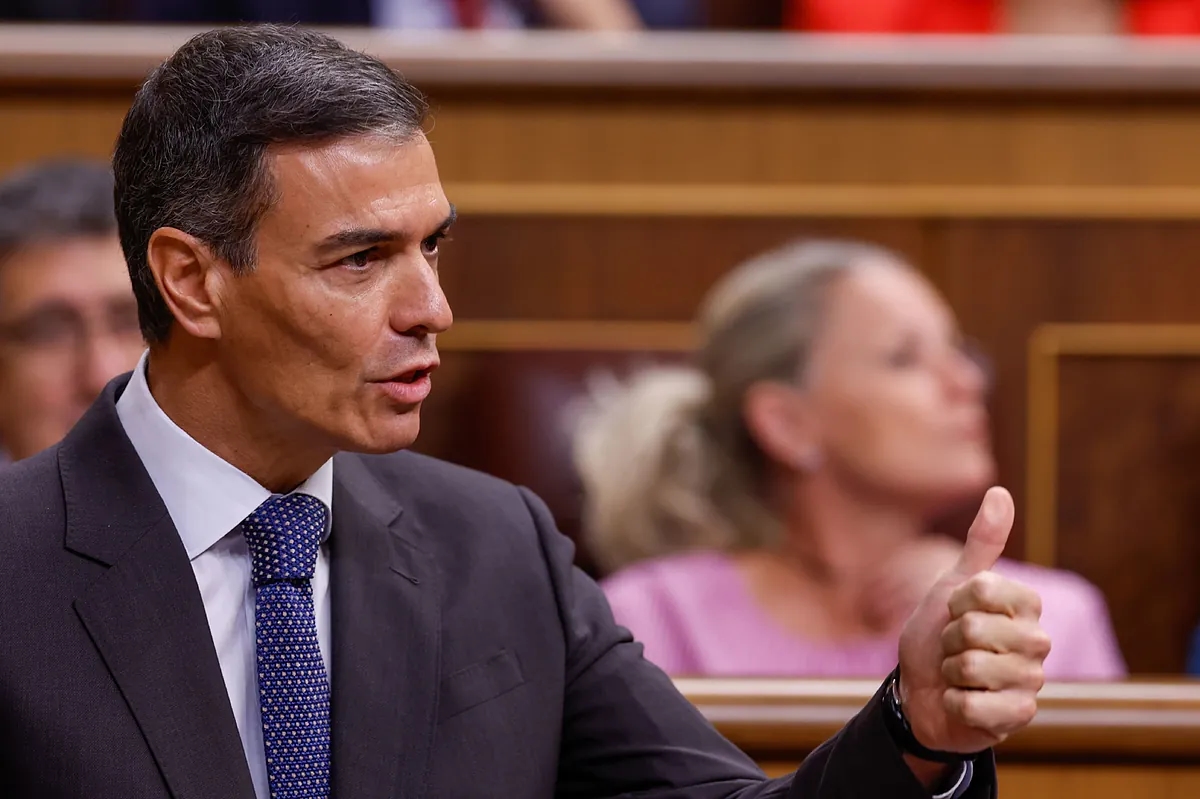Ábalos chooses Carlos Bautista, former prosecutor of the National Court, as his lawyer.

Former Transport Minister José Luis Ábalos has entrusted his defense in the "Koldo case" to Carlos Bautista, a former prosecutor at the National Court (AN) who handled cases such as "Faisán" and the 11-M attacks, after José Aníbal Álvarez resigned due to "irreconcilable differences."
This was announced by the firm where Bautista works, Chabaneix Abogados, in a statement highlighting his "solid technical experience in managing complex cases" in the areas of judicial cooperation, economic crime, and extraditions.
Bautista moved to the private sector in 2024 after serving as the National Assembly prosecutor in charge of the "Faisán case"—in which the financing mechanism of the terrorist group ETA was convicted—and participated in the trial for the March 11, 2004, attacks in Madrid.
In his more than 30 years as a prosecutor, assigned to the National Court since 2006, he has intervened in cases such as the Gestoras Áskatasuna case; the Residentes case of the Globalia Group, in which for the first time a legal entity was convicted exclusively and without simultaneous charges against a natural person for subsidy fraud; and the Mundo Mágico case, "in which several people were convicted for timeshare pyramid schemes," according to his new office when announcing his appointment.
The move comes the same week the former minister informed the Supreme Court of his decision to resign from his former lawyer, two days before testifying this Wednesday as a new suspect in the case involving the collection of alleged commissions in exchange for public contracts.
Ábalos stated in a statement that he had broken off relations with Álvarez because they had "irreconcilable differences" that, "far from being a one-time circumstance, have become a constant."
But the Supreme Court's investigating judge in the Koldo case, Leopoldo Puente, rejected the former Socialist leader's decision, considering it a legal fraud, and forced him to appear alongside the lawyer, in order to later make the change.
After that appearance, the judge dismissed the request by the popular accusations led by the PP to send Ábalos to pretrial detention following the latest report from the Central Operational Unit (UCO) of the Civil Guard, which revealed "irregular admissions." He found that the risk of flight was not "sufficiently intense." Therefore, he maintained the current precautionary measures, namely, a ban on leaving the country, revocation of his passport, and periodic appearances in court, in line with the Prosecutor's Office.
A law firm with a "discreet" profileChabaneix Abogados, a firm specializing in economic and international criminal law, highlighted in its announcement of his incorporation that Bautista—now a retired prosecutor—was "assigned to the Anti-Drug and Money Laundering Prosecutor's Office, as well as the Anti-Terrorism Prosecutor's Office, among others," and was "an expert in matters of extraditions and European arrest warrants."
He also emphasized that, as a Doctor of Law, he has taught economic criminal law and extraditions at various universities, to members of the judiciary and prosecutorial professions, as well as to members of the Law Enforcement and Security Forces, and to the Madrid Bar Association.
"He has written more than fifteen books on topics in which he is an expert, such as the Passive Extradition Law, the European Arrest Warrant, money laundering, the crime of terrorism, and the liability of legal entities, among others," the firm explained.
In Thursday's statement, the firm stated that "Ábalos' decision to entrust his defense to the firm reinforces Chabaneix Abogados' position as a leading firm in the criminal justice field, recognized for its professionalism, technical expertise, and commitment to defending fundamental rights."
They added that it is a firm that "is characterized by its discreet profile, its independence, and its focus on technical and rigorous work, avoiding any form of media exposure or political focus."
Bautista himself recently promoted the International Association of Extradition Lawyers and Experts—a non-profit organization formed by lawyers but open to other legal professionals—to provide expertise in extradition matters, with the goal of "filling a current gap in training."
Expansion




